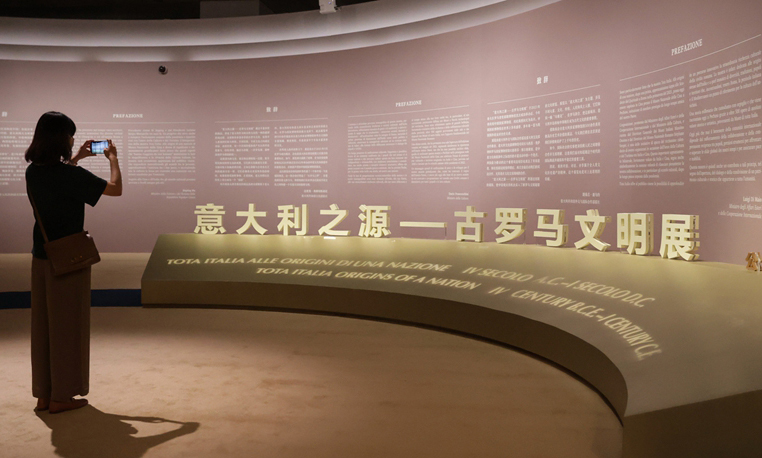Chinese envoy identifies 4 areas to promote strategic communications in UN peacekeeping
UNITED NATIONS, July 12 (Xinhua) -- A Chinese envoy on Tuesday identified four areas where efforts are needed to promote strategic communications in UN peacekeeping.
Strategic communications can help the world know more about peacekeeping, and help peacekeeping better serve the world. The UN secretary-general's Action for Peacekeeping initiative includes strategic communications in the toolbox, which is an important measure to enhance the safety and security of peacekeepers and improve the performance of peacekeeping operations, said Zhang Jun, China's permanent representative to the United Nations.
China believes that to enhance strategic communications, there is a need to work on four areas, he told a Security Council open debate on the key role of strategic communications for efficient peacekeeping.
First, creating stronger partnerships.
The United Nations should enhance communications with the host country, troop- and police-contributing countries, and regional organizations, so as to share information, align goals, and coordinate activities. Of all the stakeholders, the host country is the most important one. The United Nations should continue to improve communications with host countries, heed their opinions, address their concerns, and seek their support. The Security Council should create the mandate of a peacekeeping mission in a reasonable manner based on the needs of the host country. Missions should also improve their communications with local communities to gain public understanding and support.
Second, better protecting the safety and security of peacekeepers.
Peacekeepers are faced with more and more serious safety and security challenges. There is a need to enhance security information exchanges between missions and host governments and improve the situational awareness and risk prevention capacities of missions. In areas where many forces conduct operations, the host governments could consider creating an information-sharing mechanism to avoid misunderstanding or misjudgment.
Third, facilitating effective mandate implementation for peacekeeping operations.
Restoring peace in the host country is the primary responsibility of a peacekeeping operation. A mission should, based on thorough communications with the parties concerned and relevant regional organizations, promote the resolution of conflicts through dialogue and communication. Military means alone cannot fulfill the mandate to protect civilians. Missions should improve communications with local communities so as to be able to detect and address security risks as soon as possible to effectively prevent conflicts and better protect civilians.
Fourth, improving strategic communications capacity-building.
The UN Secretariat will soon update the strategic communications public information policy. China hopes that the Secretariat will take this opportunity to integrate strategic communications into all components and units of peacekeeping operations, and in the process, keep close communications with stakeholders. The Secretariat should include strategic communications in the training for peacekeepers to help them get a deeper understanding of local cultures and the situations of the host countries so as to more closely facilitate the implementation of the priority national policies of these countries.
As the second-largest contributor to the UN peacekeeping budget and a major troop contributor, China has always been committed to peace through concrete actions. China has included strategic communications in its training system and has provided peacekeepers from dozens of troop-contributing countries with targeted training. China will continue to work with peace-loving nations to contribute to the maintenance of world peace and security, said Zhang.
Photos
Related Stories
Copyright © 2022 People's Daily Online. All Rights Reserved.









